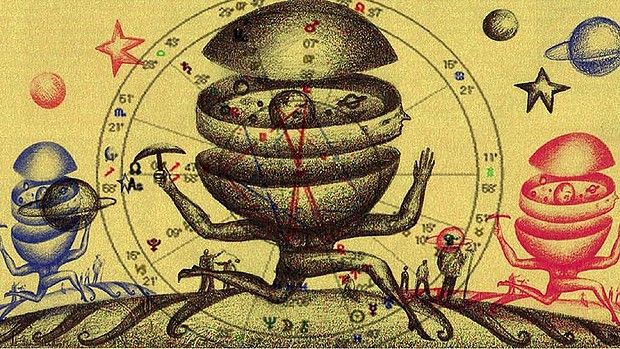You may remember Amy Chua, a Yale law professor as the "Tiger Mom" who argued that running a severely strict household was the key to raising success children.
Now she and husband Jed Rubenfeld are out with an even more controversial book about success and parenting, "The Triple Package."
According to a review by Maureen Callahan in the New York Post, the pair have "gathered some specious stats and anecdotal evidence to argue that some groups are just superior to others and everyone else is contributing to the downfall of America."
The authors write:
That certain groups do much better in America than others — as measured by income, occupational status, test scores and so on — is difficult to talk about. In large part, this is because the topic feels so racially charged.
Here is their list:
- Nigerians
- Jews
- Chinese
- Indians
- Iranians
- Lebanese-Americans
- Cuban exiles
- Mormons
The pair argue that studies about vanishing upward mobility often exclude immigrants and their children, who often possess at least one of three character traits — a superiority complex, insecurity, and impulse control — that other, less successful groups allegedly lack.

In Beirut, a small sports technology startup is also aiming to make a splash in the sector with its heart-rate monitor that tracks a swimmer’s laps, turns and timing, and can be fitted to any pair of goggles.
Instabeat’s monitor provides instant visual feedback on a swimmer’s heart rate and is designed to limit the level of drag when flowing through the water.
The company has already been making waves in the Middle East’s startup scene. It just closed an undisclosed round of funding from a group of Middle Eastern investors to produce the product and will begin delivering 1000 pieces in the first quarter of next year, according to founder Hind Hobeika.
Dubai-based Jabbar Internet Group, Jordan-based MENA Venture Investment and a group of angel investors have stumped up this latest round of cash. But Instabeat also raised $75,000 last year on U.S. based crowdfunding site Indiegogo and won $50,000 in 2012 for winning the MIT Enterprise Forum Pan Arab competition, she said.
“We’re creating a small community around the product,” said Ms. Hobeika, who started the company after swimming professionally while studying mechanical engineering at American University of Beirut.
This year marked the start of teenagers adopting other social networks instead of Facebook as their parents signed up for Zuckerberg’s site in droves. In a European Union-funded study on social media, the Department of Anthropology at University College London is running nine simultaneous 15-month ethnographic studies in seven countries to find out how teens were […]

For the horoscopes of 2015 – 2016 please Click Here
Below 2014 Horoscopes:
Everyone’s luck is going to change in 2014 – 2015 . Oh yes, it’s true. How do we know? Because the planet of good luck, Jupiter will change signs, moving from Cancer to Leo. As of mid-year, everyone is going to have the positive Jupiter vibes in a new part of their chart. Read on to find out where Jupiter is blessing you now and will be boosting your luck as of July 16.
ARIES
It was only a matter of time before the tech world tried to rewrite history.
Stony Brook University computer science professor Steven Skiena and Google software engineer Charles B. Ward take on this ambitious task in a book published this fall: "Who’s Bigger: Where Historical Figures Really Rank."
Just as Google ranks web pages, the researchers created an algorithm that ranks historical figures by Wikipedia PageRank, article length, and readership, as well as achievement and celebrity.
Their conclusions have not come without controversy. The top 100 significant figures are overwhelming white and male. For example, Nelson Mandela, who helped end Apartheid in South Africa, ranked only 356. And just three women broke the top 100.
Cass Sunstein of "The New Republic" wrote a sprawling analysis of their findings. She questions not only if we can measure historical significance, but whether we should and certainly why the authors relied solely on the English-language version of Wikipedia. On that note, perhaps we could call these the most important figures in Western history.



